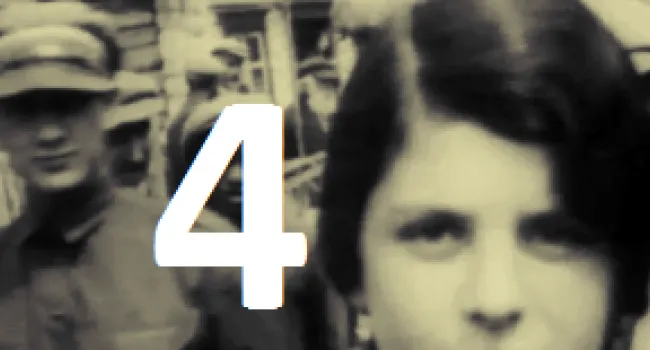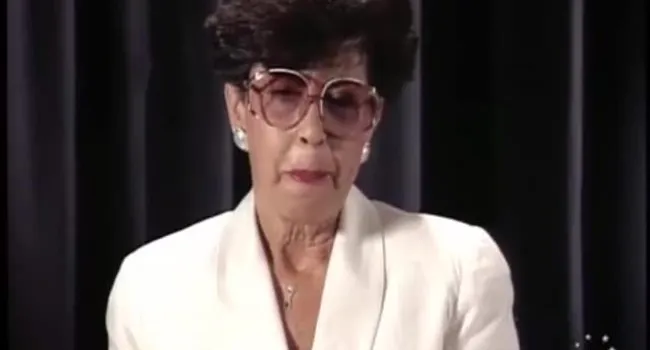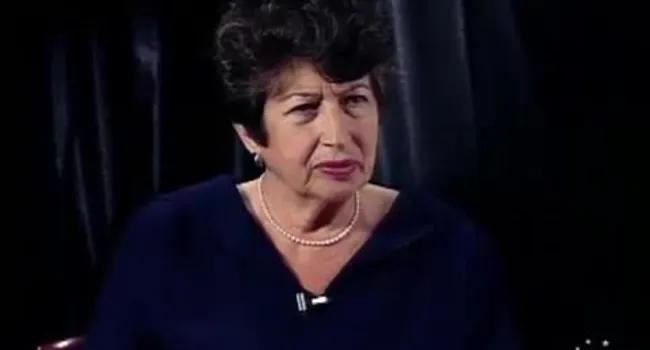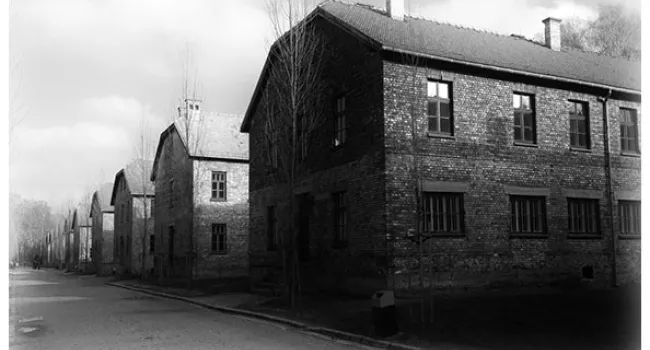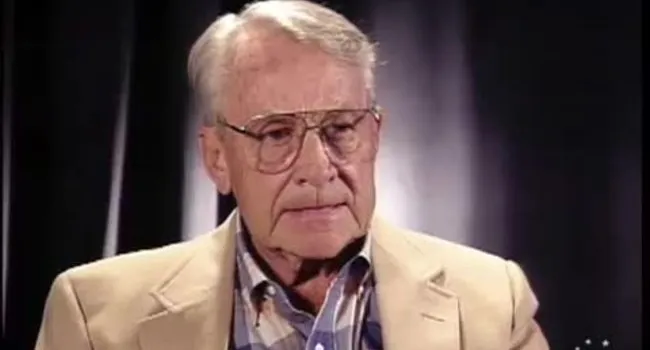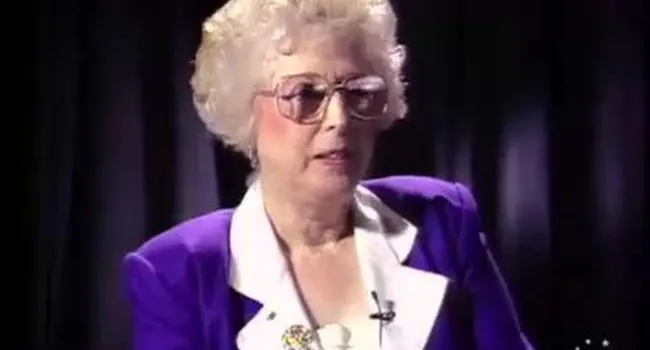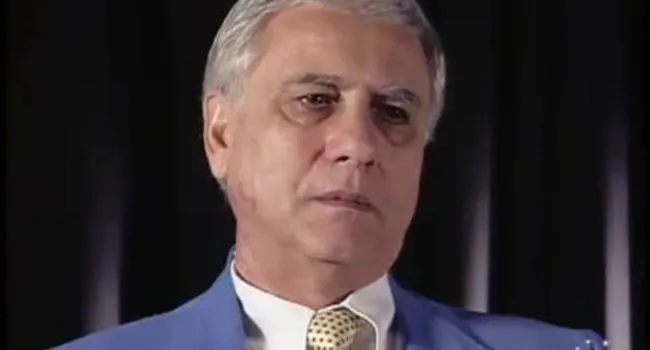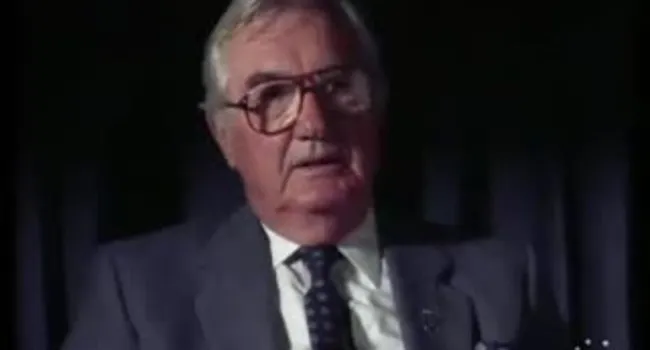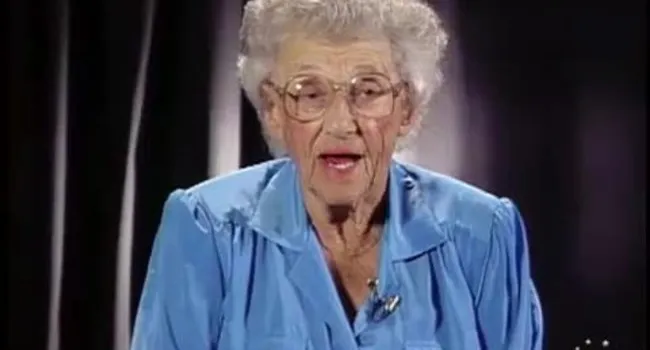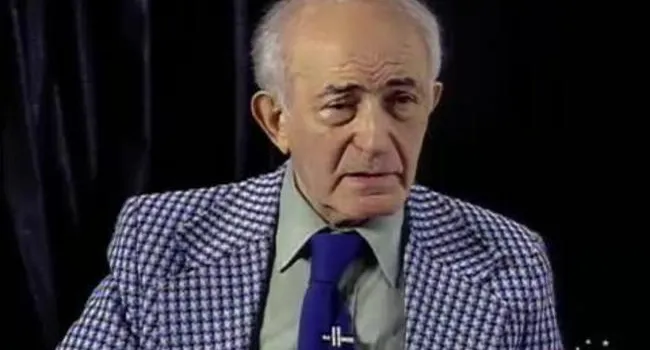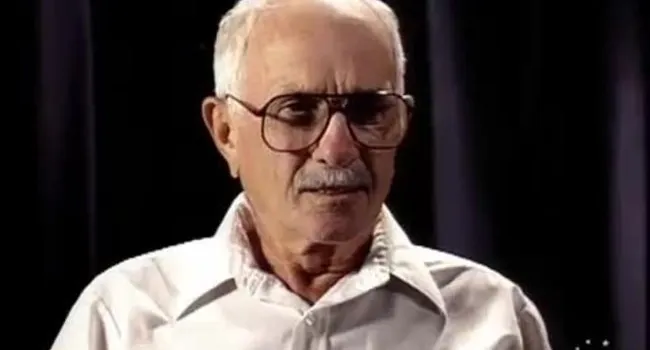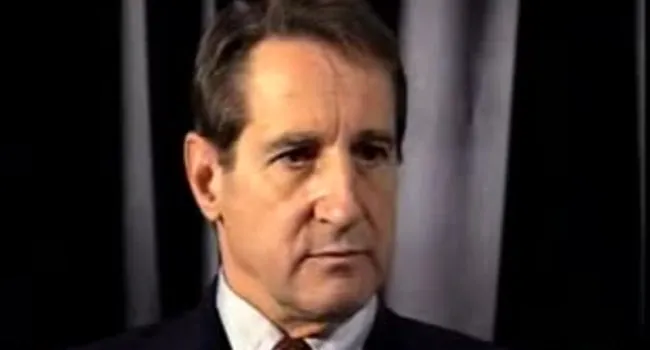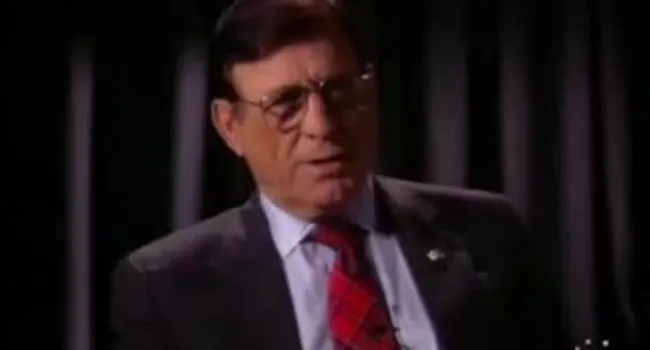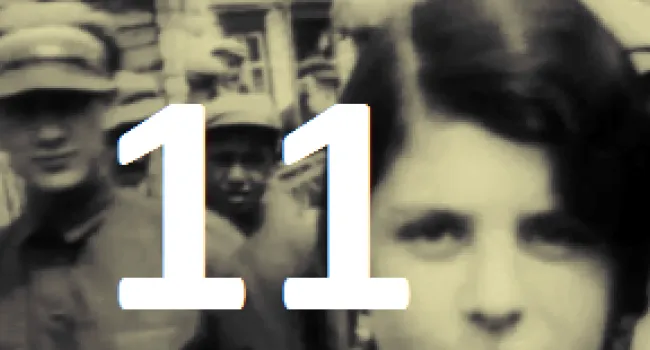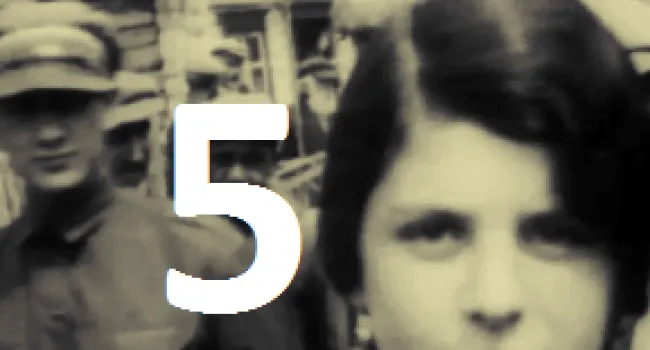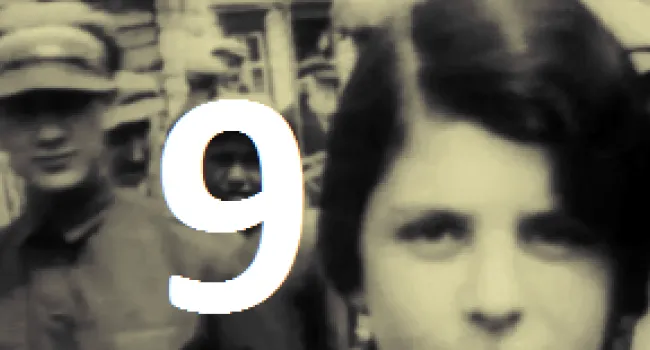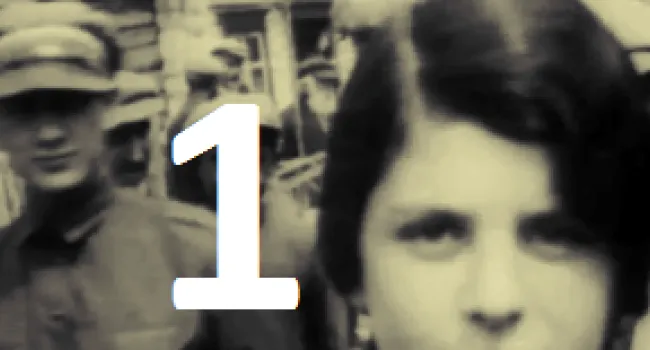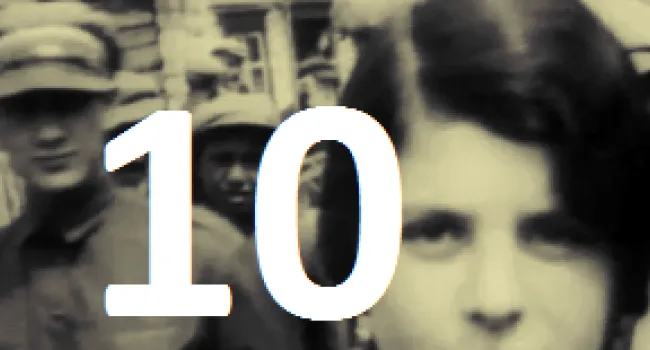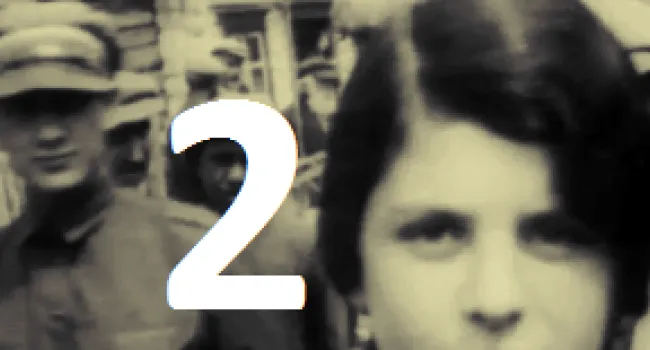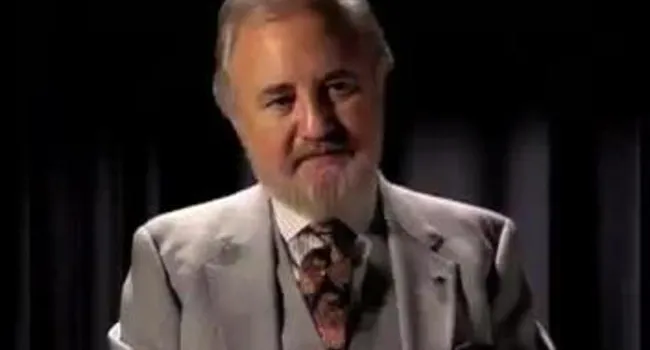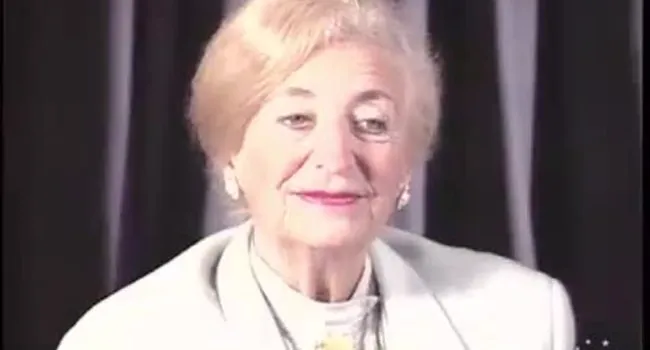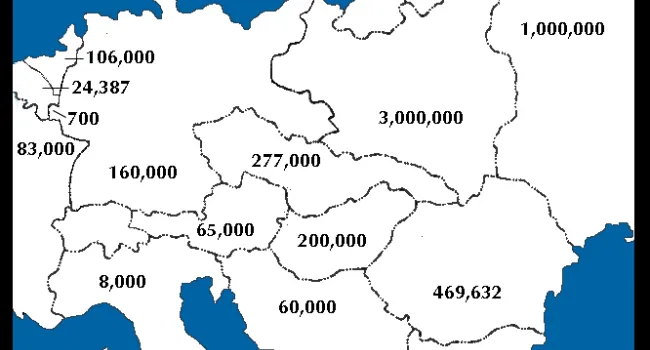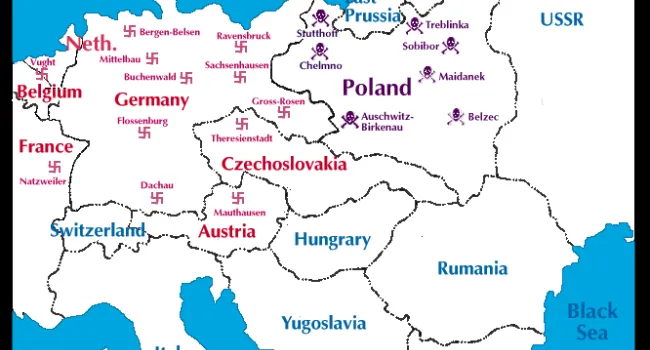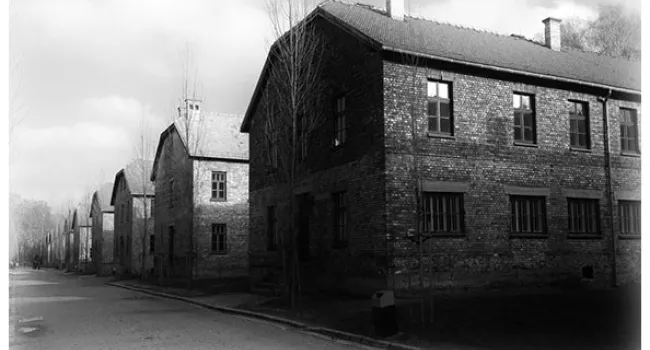This West Columbia native was drafted in 1945 and sent to Germany. The soldiers he was with discovered the remnants of a concentration camp which Germans had just left. They saw the bodies of people who had been shot probably only an hour earlier. They were ragged looking, lying in fresh blood, in a dusty courtyard. No one remained. There were other bodies stacked like cordwood; apparently starved and gassed. The gas chamber was a huge, steel chamber with its doors open. The mayor got villagers to remove bodies from the smoke house and bury them; the people seemed unaware of conditions here on the outskirts of village. Turner was so glad to return home. He didn't tell anyone about what he had seen in the camp. But the memories haunted him. The Holocaust did exist; he saw it firsthand; it was not propaganda. He can't imagine how people could do this to each other. "Our own prisoners were treated well. . . We don't make a big deal out of discussing the Holocaust; we're glad not to be there now. We must never forget it."
Standards
- 5.3 Demonstrate an understanding of the economic, political, and social effects of World War II, the Holocaust, and their aftermath (i.e., 1930–1950) on the United States and South Carolina.
- 6.5.CE Explain the impact of nationalism on global conflicts and genocides in the 20th and 21st centuries.
- 7-4 The student will demonstrate an understanding of the causes and effects of world conflicts in the first half of the twentieth century.
- The influence of both world wars and the worldwide Great Depression are still evident. To understand the effects these events had on the modern world, the student will utilize the knowledge and skills set forth in the following indicators:
- 7-4.5 Summarize the causes and course of World War II, including drives for empire, appeasement and isolationism, the invasion of Poland, the Battle of Britain, the invasion of the Soviet Union, the "Final Solution," the Lend-Lease program, Pearl Harbo...
- 7-4.6 Analyze the Holocaust and its impact on European society and Jewish culture, including Nazi policies to eliminate the Jews and other minorities, the Nuremberg trials, the Universal Declaration of Human Rights, the rise of nationalism in Southwest...
- The influence of both world wars and the worldwide Great Depression are still evident. To understand the effects these events had on the modern world, the student will utilize the knowledge and skills set forth in the following indicators:
- 8.5.CO Compare South Carolina and U.S. wartime contributions and demobilization after World War II.
- USHC-7 The student will demonstrate an understanding of the impact of World War II on the United States and the nation’s subsequent role in the world.

